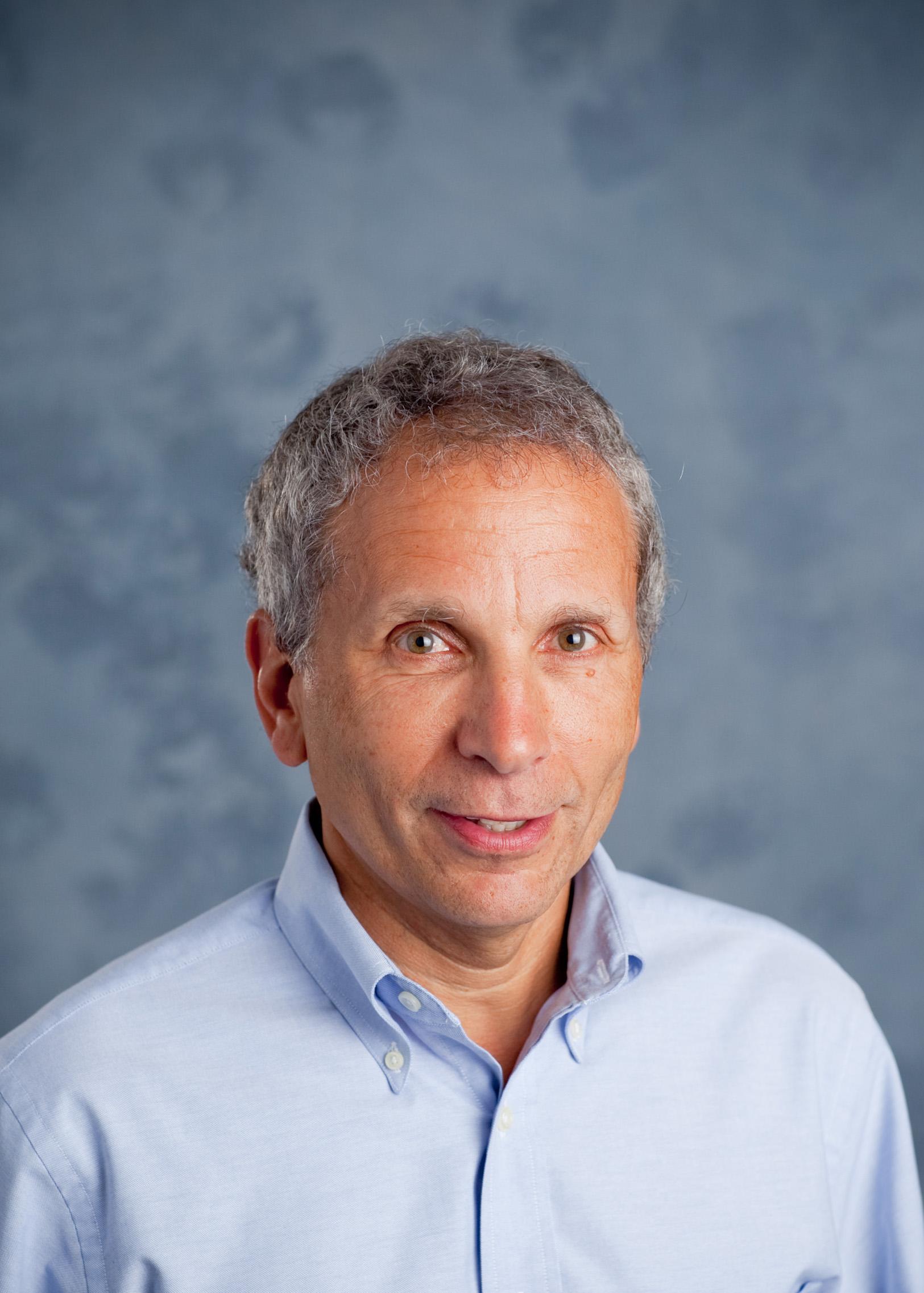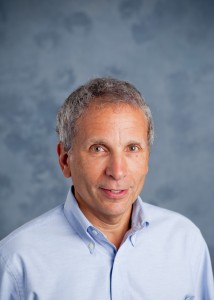
21 Mar Wellness Conference at Peaks: Dr. Alan Safdi Sums Up on Tuesday
Last talk in series on health and wellness at The Peaks resort & Spa scheduled for Tuesday, March 25, 4:30 – 6:30 p.m.
Background for wellness talk:
One of the featured speakers at the 2012 Mountainfilm in Telluride was the charismatic Dan Buettner, who spoke twice to packed houses at the festival, summing up the findings in his two best-selling books: “The Blue Zone: Lessons for Living Longer from the People Who’ve Lived the Longest” and “Thrive: Finding Happiness in Blues Zones Way.”
As far as longevity goes, Buettner says it’s “20 percent genes and 80 percent lifestyle.” Folks in Loma Linda, California, Sardinia, Italy, Nicoya, Costa Rica, Ikaria, Greece, and Okinawa, Japan, places old people thrive, are all living in environments that encourage constant and consistent natural movement like walking (no gonzo exercise). People living in these places have the right outlook on life: they live for now (not tomorrow and not to work) and know how to downshift. They eat wisely, which means a plant-based diet supplemented by meat (about three ounces) about five times a month washed down with a glass (or two) of wine. Most important, they value family (and families values their seniors), and share lots of face time with loved ones and close friends. Connection seems to be a sine qua non of longevity.
Pretty much the same holds true for happiness: interconnectedness is key. It’s all about survival of the kindest.
Buettner’s findings would be a giant DUH! to Dr. James R. Doty, who, along with his colleagues, is out to change the world one act of kindness at a time.
Dr. Doty Professor of Neurosurgery at Stanford University School of Medicine and Founder/Director of the Center for Compassion and Altruism Research and Education, (CCARE), of which His Holiness the Dalai Lama is the founding benefactor. In that capacity, Dr. Doty collaborates with scientists across disciplines, examining the neural bases for compassion and altruism. In a blog in the Huffington Post (6/7/2012), Doty said this:
“Our poverty in the West is not that of the wallet but rather that of social connectedness. In this modern world where oftentimes both parents work, we are spending less time as a family. People are living farther away from extended families and perhaps more disconnected than ever before as suggested by Robert Putnam in “Bowling Alone.” Putman observes that we thrive under conditions of social connection but that trust and levels of community engagement are on the decline. Loneliness is on the rise and is one of the leading reasons people seek counseling… One large-scale study showed that lack of social connectedness predicts vulnerability to disease and death above and beyond traditional risk factors such as smoking, blood pressure, obesity and lack of physical activity. While many pay attention to their diet and go to the gym regularly to improve their health, they don’t think of social connectedness this way. Just like physical fitness, compassion can be cultivated and maintained.”
The Peaks talk:
No doubt, Buettner and Doty both have impressive bona fides. They also have groupies. But are their findings anecdotal or truly profound and measurable? Do reduced levels of stress and depression, for example, really lead to faster healing from surgery. Is longevity really 30 percent genetics and 70 percent environmental? There are also more nuts and bolts questions such as table sugar versus fructose corn syrup and how the body uses and metabolizes sugar. Are standard supplements such as vitamin C, D and E always good and necessary? Should you consider genetic testing if you have a family member with colon cancer or breast cancer under the age of 50? Do most people who get colon cancer have a family history? Do most people that develop breast cancer have a family history?
What does healthy really mean?
To begin to explore these and other questions, you are invited to attend the last installment of the winter session of the “Wellness Conference Series.” The talk takes place at the Peaks Resort & Spa Tuesday, March 25, 4:30 – 6:30 p.m. in the Golden Slipper Room. The series, scheduled to resume this summer to reveal more evidence-based medical findings, features Dr. Alan Safdi and Dr. William Renner.
Dr. Safdi is board certified in Internal Medicine and in Gastroenterology and is a Fellow of the American College of Gastroenterology. A proven leader in the healthcare arena, he has been featured on the national program, “Medical Crossfire” and authored or co-authored numerous medical articles and abstracts. Safdi has been involved in grant-based and clinical research for over 33 years and is passionate about disease prevention and wellness, not just fixing what has gone wrong. He is an international lecturer on the subjects of wellness, nutrition and gastoenterology.
Dr. Renner director of radiology and radiology research at Ohio and GI and Liver Institute. He is also an international lecturers on the subjects of radiology and sports medicine.
The price of entry is $99/session. Peaks spa members are offered a 30 percent discount. The price also includes a one-day spa pass.
RSVP to 970-728-2590.
And to learn more, click the “play” button and listen to my chat with Dr. Safdi.




Sorry, the comment form is closed at this time.